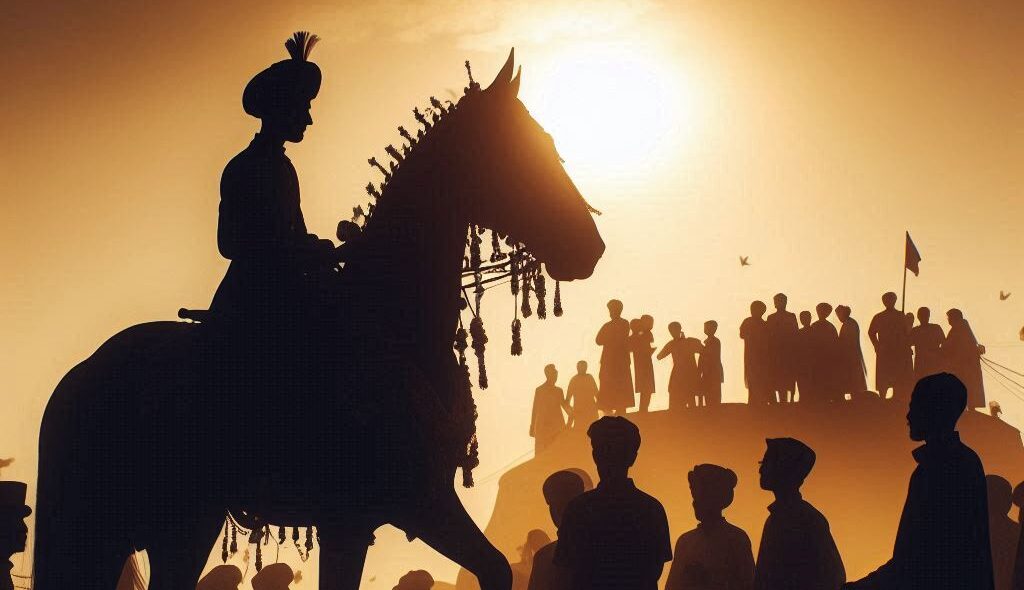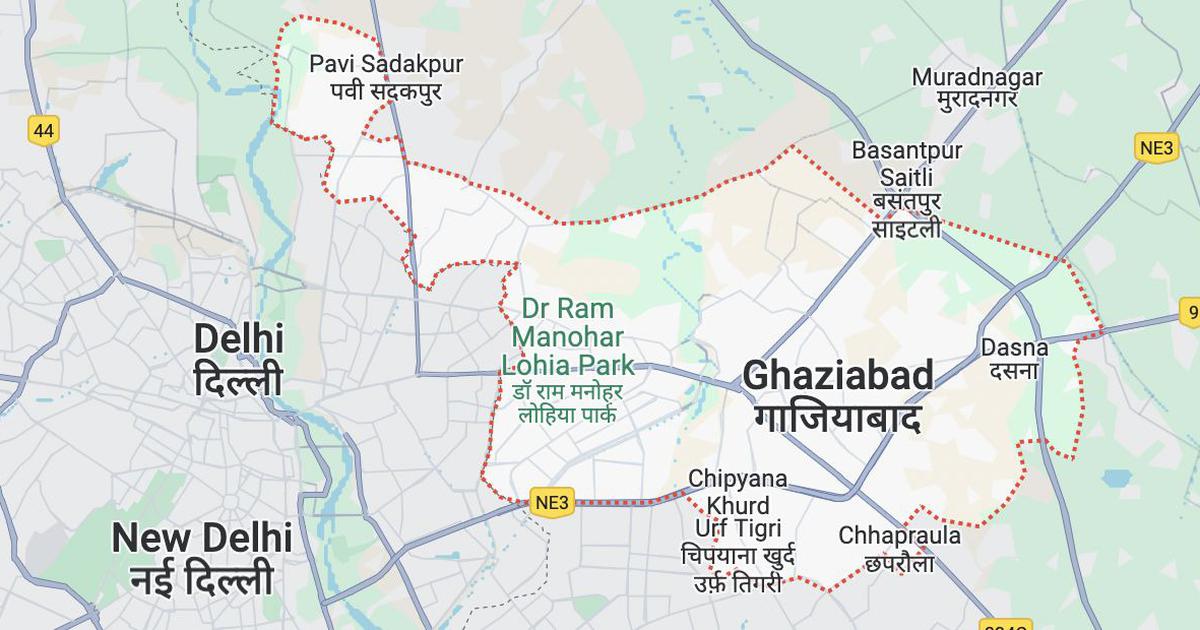By
(RNS) — Last week, a federal district judge ruled against two California State University professors who claimed the university’s policy barring discrimination on the basis of caste violates the U.S. Constitution’s ban on religious establishments.
Huh?
What the professors’ lawsuit alleged was that by identifying (and prohibiting) caste-based discrimination, Cal State singled out Hinduism for disfavor and took an official position on what Hinduism means, in violation of the First Amendment’s establishment clause. Judge R. Gary Klausner decided that neither was the case.
adherents of many religions,” Klausner wrote. “The Policy, which does not reference Hinduism, prohibits ‘discrimination based on…Race or Ethnicity (including color, caste, or ancestry).’ No reasonable reader would conclude that the Policy defines Hinduism to include a caste system.”
“In short,” the judge wrote, “Plaintiffs fail to demonstrate that the Policy conveys disapproval of Hinduism, and therefore fails to show a violation of the establishment clause on these grounds.”
Something odd is going on here. In normal establishment clause cases, the plaintiffs sue to get the government to stop doing something they object to, such as subjecting public school students to prayer or Bible reading or allowing religious displays on public land. Here the opposite situation might seem to apply.
This story was originally published in religionnews.com. Read the full story here .






